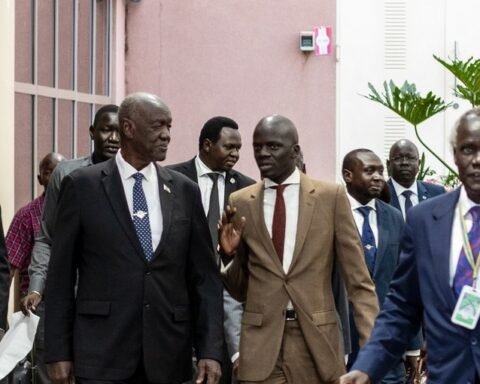Tanzania has unveiled a revised National Land Policy, aimed at improving land management and unlocking new economic opportunities.
President Samia Suluhu Hassan announced the updates, emphasizing that the changes will address gaps in the previous 1995 policy while supporting sustainable growth. A key focus of the new policy is the inclusion of the blue economy, which covers marine resources, fishing, tourism, and offshore industries.
The reforms seek to resolve long-standing challenges related to land ownership, disputes, and development. In her remarks, President Hassan highlighted the need for a modern approach to land administration that ensures fairness and efficiency. She stated that land is a vital resource for all Tanzanians and should be managed in a way that benefits communities and supports national progress.
The new policy aims to streamline land ownership procedures, making it easier for individuals and businesses to acquire land titles. Bureaucratic hurdles that have previously delayed approvals will be reduced, allowing for a more transparent and efficient process. Land disputes, which have been a persistent issue in many regions, will now be handled through improved conflict resolution mechanisms designed to provide fair outcomes for all parties.
Environmental sustainability is another major priority. With growing concerns over deforestation, land degradation, and climate change, the policy introduces measures to promote responsible land use. Urban planning and infrastructure development will also receive greater attention, ensuring that rapidly expanding cities grow in a structured and organized manner.
Inclusion is a key aspect of the revised policy, with efforts to ensure that women and young people have better access to land and economic opportunities. Historically, these groups have faced barriers in securing land ownership, limiting their ability to invest and build wealth. By addressing these challenges, the government hopes to create a more equitable system that empowers all Tanzanians.
Also Read; Prateek Suri Pledges Billions to
Africa’s Development
Land Minister Deogratius Ndejembi emphasized that the revised policy was shaped through consultations with farmers, business owners, conservationists, and local leaders. He noted that the policy is designed to reflect the needs of the people and support national development goals.
The introduction of the blue economy as a recognized sector marks a significant shift in Tanzania’s approach to land and resource management. Coastal and island communities are expected to benefit from increased investment in maritime industries, tourism, and sustainable fishing practices. This move is seen as a way to diversify the economy and create new job opportunities.
With the new policy in place, the focus now shifts to implementation. Experts say that clear regulations, proper enforcement, and continued public engagement will be crucial in ensuring the success of the reforms.







